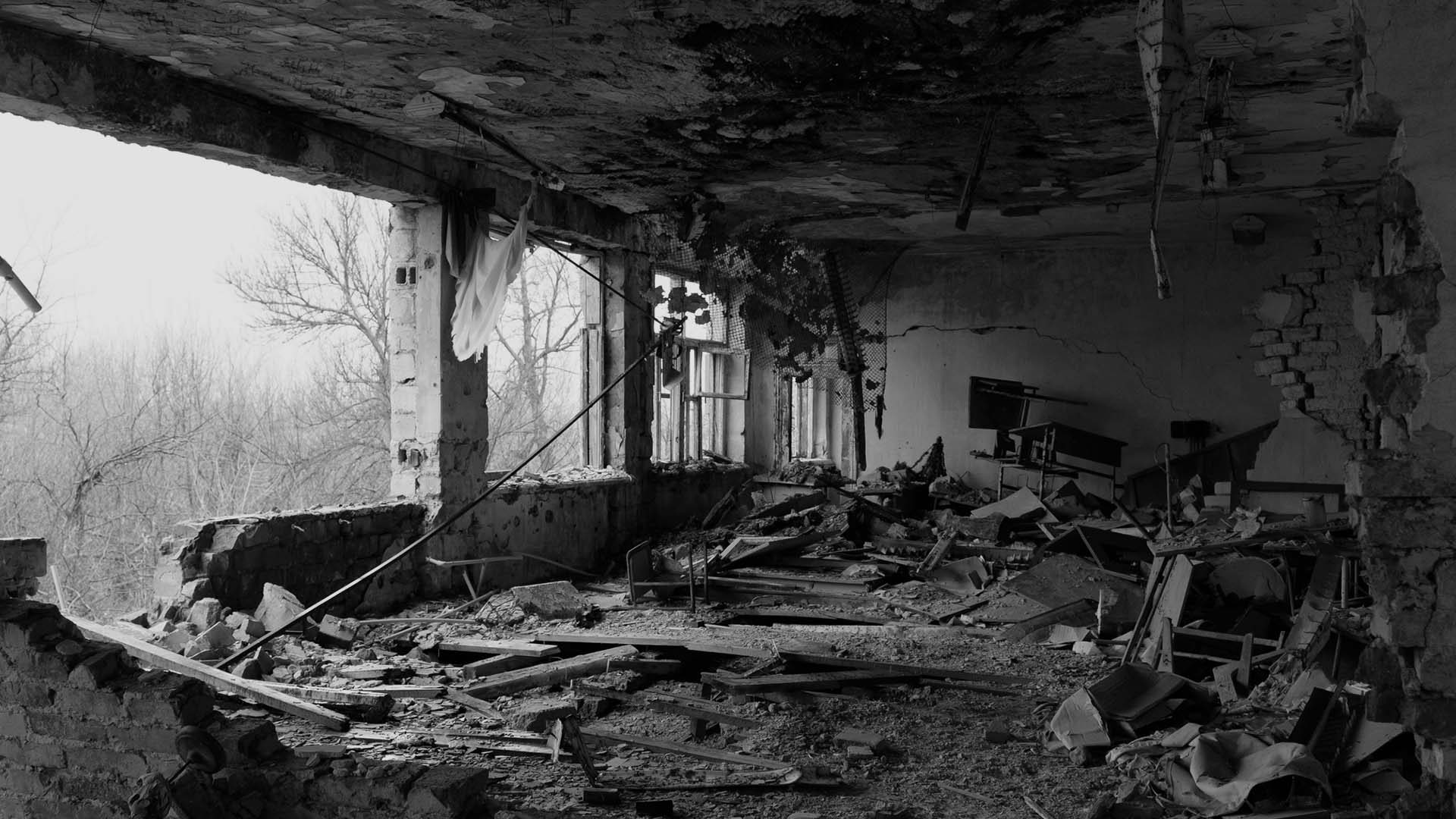
The Ukrainian front and the Middle East
The most common analysis regarding the Middle East is to explain how the conflicts and rivalries that are endemic in the region affect the rest of the world. This time it’ll be the opposite. We’ll examine the effect that a war in Eastern Europe has on regional stability in the Middle East. Said effect can be showcased in three sectors: those of regional balance, hydrocarbon economy and governance model.
We are at a transitional stage of the international relations system. After 1990, the US tried to impose a unipolar international system model. Indeed until the early 00’s, Washington’s position at the top wasn’t challenged by anyone. After a certain point, though, in the middle of said decade, certain regional forces such as Russia, China, India, Iran and Brazil started operating in an increasingly autonomous way from the US policy and claimed a leading role in their respective regions of the world – Russia in the former USSR countries, China in the Far East, Southeast Asia and the South China Sea, Iran in the Mesopotamia and the Gulf region. From the 2010s onwards, it has been made sufficiently clear to the Middle-Eastern countries’ elites, that the US will have a significantly smaller presence in the region, in order to transfer their assets in the greater Chinese region, where they believe the most important battle is to be fought for global hegemony.
In the Middle-Eastern capitals, the current conflict in Ukraine is seen as an aspect of that same rivalry between a superpower and regional forces. Both the Saudis and the Emirates reckon that Russia has a stabilising role in the Middle East. First of all, Russia’s presence is stopping Iran from reclaiming the role of the sole protector of the Assad regime and therefore dominating in Syria, a country that’s key for the region’s stability. Secondly, Russia historically has been competing with Iran in the Caucasus region and in Central Asia, so if the Gulf monarchies showed support for Washington or Kiev, this would only bring Tehran and Moscow closer. For Israel, the Russian presence in its Syrian border is a guarantee that it won’t have another flaming front with Hezbollah. Russia’s silent agreement with Israel’s air and missile strikes against Iranian targets in Syria is a core aspect of the Israeli security strategy. Tehran on the other hand, rushed to blame NATO and its expansive policy for the war in Ukraine. Iran is worryingly watching Russia’s efforts to link talks regarding Iran’s nuclear program to the sanctions that are being imposed on Russia. Despite the close relationships that have been developed between the two countries, suspicion still creeps up occasionally.
Russia’s image as a dependable stability factor is also very strong in Egypt. The Russian presence in Libya has deterred the Islamists’ dominance in that country. A series of military collaboration agreements that involve joint military exercises as well as an agreement that Russia will contribute in the construction of an Egyptian nuclear reactor, have helped forge close bilateral relationships. Egypt imports 25% of Russia’s grain, so if Egypt joined the countries that imposed sanctions on Russia, that would cause a heavy blow to the Russian agricultural economy. But despite pressure from the US, El-Sisi has declined to do so, since a grain shortage and an increase in its price could cause a social upheaval that would be very dangerous for his regime. Generally speaking, changes in the international relations system and the projected decrease in American presence cause intense mobilisation of all sides. More or less at the same time, there is a Foreign Ministers’ meeting between Israel, Egypt, the Emirates, Bahrain and Morocco, discretionary meetings between the Emirates and Iran, Assad’s visit in Abu Dhabi and Iranian statements regarding the possibility of discussions with the Saudis. For the Gulf monarchies, the US’s over-the-horizon protection of Ukraine is far from reassuring.
Hydrocarbon economy
In the field of hydrocarbon economy, the deal that OPEC promoted in 2016 regarding a decrease in production and the OPEC plus collaboration led to steadily high oil and natural gas prices. For the Gulf countries, this means greater internal stability at a time of intense social mobilisation and upheaval in the region and for Russia, a steady surplus. The addition of American shale oil and natural gas in the markets is a significant threat for production and price stability. In the past few decades, emphasis has been given to “green” growth and the replacement of fossil fuels with alternative energy, a development that, as expected, increased the rallying of hydrocarbon producers and especially that of rentier-state countries such as Saudi Arabia, Qatar but also Russia. In addition to agreements in order to stabilise production and rates, they proceed in joint investments, such as the Saudi investment of 5 bn USD in LNG plants in the Arctic circle.
When it comes to governance models, Arab leaders in Saudi Arabia, Egypt and the Emirates see in the Russian President a strong leader that imposes changes in his country with an iron fist, crashing the opposition and the big financial players when they don’t conform with his policies. For leaders like the successor of the Saudi throne Mohammed Bin Salman or the Egyptian President Abdel Fattah El-Sisi, Putin’s governance model is a lot more appealing than that of the liberals. Moscow’s and Beijing’s criticism of the Western efforts to impose the liberal model as a universal rule has avid supporters among the Middle Eastern political elites. On the contrary, the view of the war in Ukraine as a fight of the liberal world against the barbarity of authoritarian regimes is driving the Middle Eastern leaders further away from the West. The publicising of the CIA report on the Khashoggi assasination and President Biden’s electoral statements regarding measures against the Saudi throne for human rights’ violations – though unfulfilled – created a confidence gap between Washington and Riad. Saudi Arabia’s and the Emirates’ abstention on the vote regarding Ukraine in the UN’s General Assembly was also a demonstration of their disapproval of a liberal “crusade”.
The war in Ukraine plays a pivotal role in the way that Middle Eastern leaders perceive global and regional balances. They have realised that the region needs a different safety architecture that counts less on superpowers and more on regional forces.
